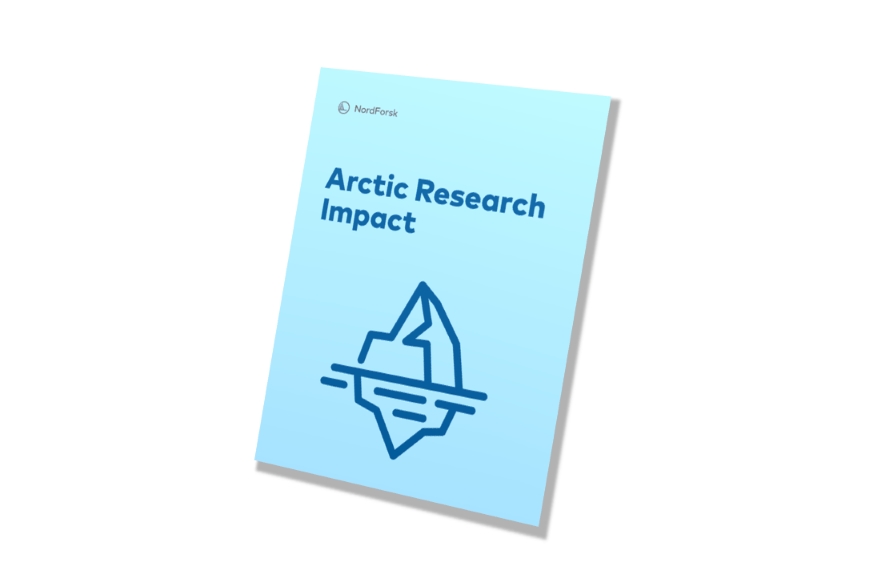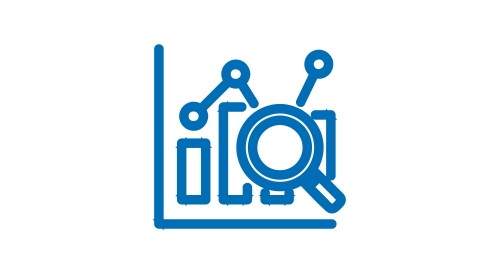Research impact is an important goal for NordForsk. The research we fund aims to have a positive effect on society, and to benefit the Nordic countries - and the world.
On this page you will find information about what impact is and can be, useful tools for planning for and creating impact. As well as some examples of Nordic research projects that have had impact.
Why impact?
We want our actions to make a difference. Thus, research we fund should aim to influence or and improve the world. For example, by contributing to new knowledge, greater understanding, changes in laws and regulations or better policies. This is important for the world and the academic community.
At the same time, by documenting and presenting the results of research and the impact it has, we contribute to the transparency of research, ensure legitimacy and continued funding.
Defining impact
Research impact can be defined in different ways. What most definitions have in common is that they refer to the benefit or effect that the use of scientific knowledge may have on society.
NordForsks' impact lies in the results and effects of the research we fund. This includes academic impact, such as new knowledge and methods, enhancing scientific quality and building critical expertise, and societal impact, which is about the contribution research has to society and the economy, and its benefits to individuals, organisations or nations.
Societal impact may, for example, be cultural (changing opinions), environmental (less carbon dioxide emissions), health-related (less depression or changed treatment) or organisational (new guidelines)
Results, outputs, outcomes and impact
It is common to distinguish impact from other parts of the research process by using the concepts of results, outputs, outcomes and impact – the first three being necessary steps in the pathways to research impact.
The difference between these can be illustrated as follows:
A research project funded by NordForsk investigated gender and gender equality in the police. The researchers found serious cases of sexual harassment (result). The findings were published in a report (output). It received widespread media coverage and led the police to conduct a survey on sexual harassment in the workplace (outcome). Based on this, the police drew up new guidelines for avoiding sexual harassment (impact).
Research impact is a phenomenon that can be difficult to both achieve and measure. It often comes as result of a multitude of contributions, through non-linear processes that stretch over many years, and where research is one of many elements.
At NordForsk, we see it as necessary to ensure documentation of steps that can potentially lead to impact. This means that we not only register impact, but also the results, outputs, and outcomes.
Planning for impact
It is difficult to predict what impact a project will have. However, we recommend that you plan for what kind of impact your project will lead to. That plan should say something about what kind of impact you're trying to achieve, with whom, and how you are going to achieve it. When planning for impact it is important to remember that there can be communication without impact, but no impact without communication.





